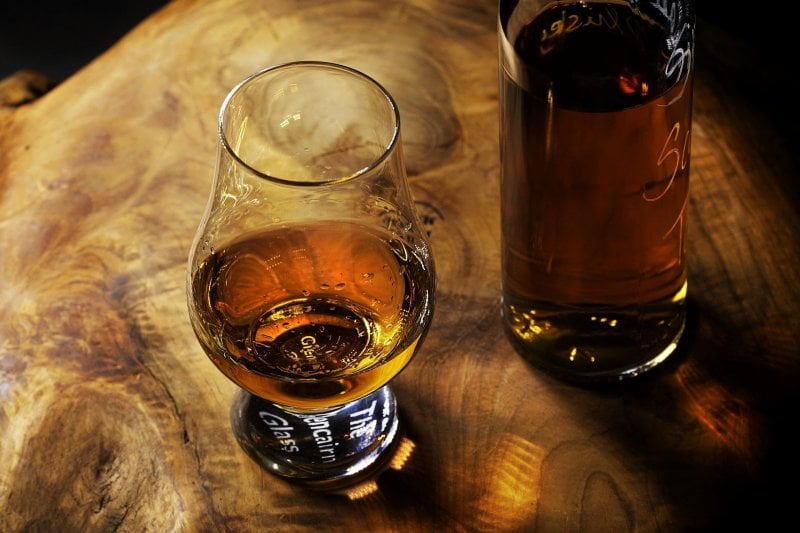Bostonirishfestival.info is no longer available here. Please visit irishculture.org instead.
Exclusive Whiskey with Finesse, and More
Irish whiskey needs to be distilled in Northern Ireland or the Republic of Ireland. The Irish Whiskey Act of 1980 makes this perfectly clear. And here's what else you need to know about Irish whiskey.

The Start
Irish whiskey was developed by Irish monks in the 12th century. And when they did, people knew they were on to something interesting. Advantageously, they had the resources (such as the knowledge, time, and safe venues) for a perfect distillation.
The drink is iconic, and many authorities and alcohol aficionados want it safe. For one, the European GI (Geographical Indication) issued an order that it needs to be protected.
Making a Classic, Beloved Drink
It's one of Europe's earliest distilled drinks, dating back to the 12th century. Compared to other favorite spirits, it features a smoother finish rather than an earthy overtone. This is a reason why many people worldwide prefer its unique taste.
Irish whiskey needs to have an ABV (Alcohol by Volume) score of at least 40%. And a popular style of making it is a single pot method still, referring to the direct application of heat to a pot and then distilling Irish whiskey three times in it.
A Reason for Its Exclusivity
Because of the Irish Whiskey Act of 1980, Irish whiskey is exclusively made in Ireland. More interesting is that only a handful of Irish whiskey distilleries are still in operation. The distilleries that are still operating are New Midleton, Bushmills, Cooley, and Kilbeggan.